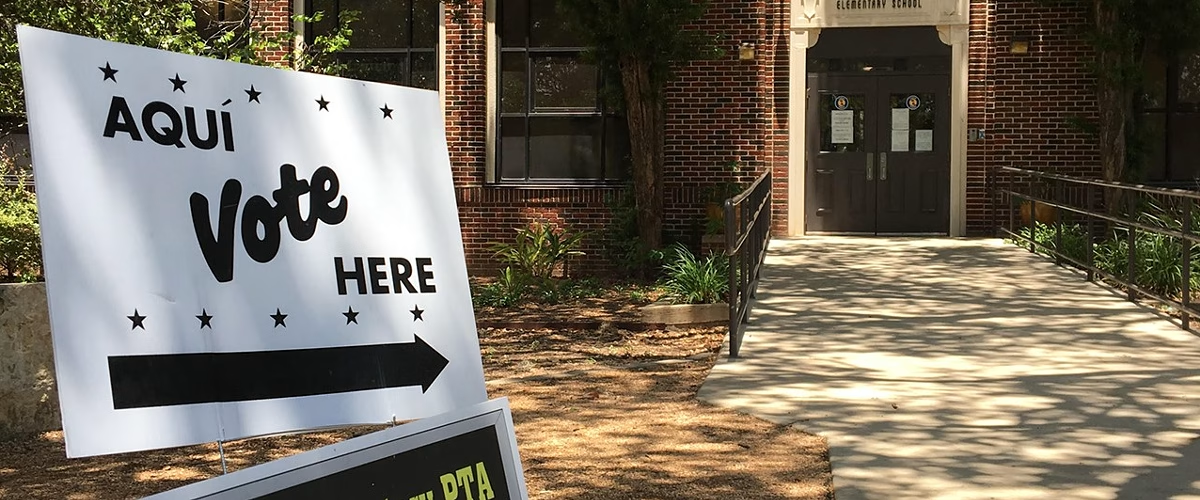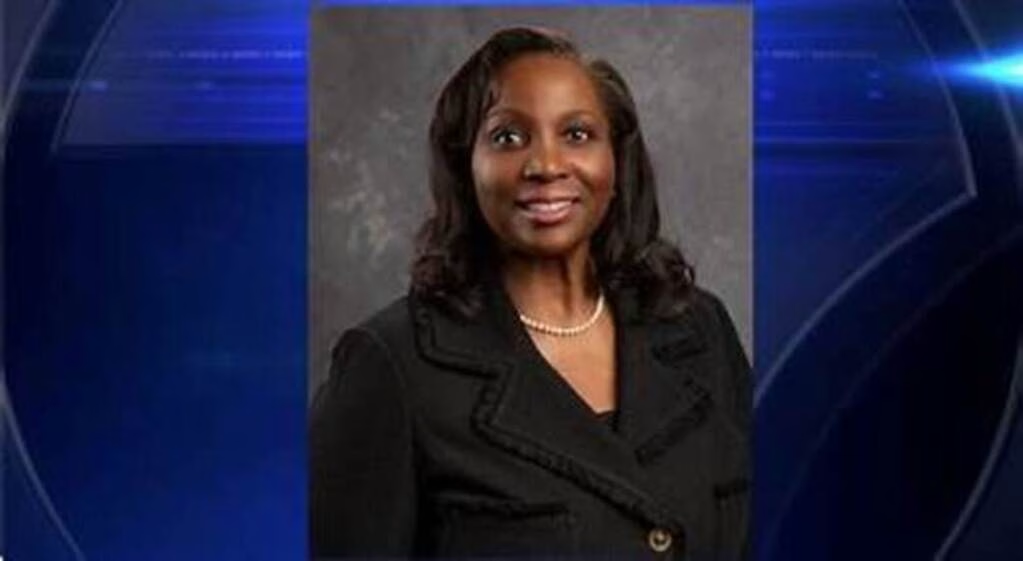By Don Terry | Saturday, August 23, 2025 | 6 min read
In most democracies, turning eighteen is enough to earn the right to vote. In much of Europe, for instance, your local government automatically registers you, and before an election a card arrives in the mail reminding you where to cast your ballot. The burden is on the state to recognize your citizenship and your right to participate. But in Texas, lawmakers are taking the opposite route: they want to make every individual prove citizenship all over again—passport, birth certificate, or naturalization papers in hand—before they can register to vote.
On paper, this may sound like a straightforward safeguard against illegal voting. But the reality is far more troubling. According to estimates from voting rights advocates and policy analysts, as many as 1.3 million Texans could be disenfranchised if this requirement becomes law. Not because they are ineligible. Not because they are trying to cheat the system. But because they lack easy access to the required documents, or because life has made paperwork complicated.
Think about married women who changed their names and never updated every piece of identification. Or elderly Texans born in rural counties where birth records were never filed properly. Or working-class citizens who cannot afford the time or the fees to track down official copies of documents from government offices. These are not hypothetical figures; they are your neighbors, coworkers, and relatives. Many of them have been voting for decades without issue. Under the new rule, they could simply vanish from the voter rolls.
The push for proof-of-citizenship rules isn’t new. Similar measures in states like Arizona and Kansas have faced fierce legal challenges. Courts often note the glaring lack of evidence that non-citizens are voting in significant numbers. A 2019 Brennan Center study found the incidence of voter fraud, including illegal voting by non-citizens, to be between 0.0003% and 0.0025%—so small it barely registers statistically. Yet despite the evidence, Texas lawmakers press ahead, insisting this is about “election integrity.”
The timing and context make it hard to ignore the political motives. Texas is one of the most diverse states in the country. Hispanic Texans now make up nearly 40% of the population, Black Texans about 13%, and Asian Americans represent a fast-growing share. These communities have historically faced barriers at the ballot box, from Jim Crow-era poll taxes to modern-day voter ID laws. By forcing individuals to jump through new bureaucratic hoops, the state risks recreating those old barriers under a new name.
The impact is not distributed evenly. Data from previous restrictive voting laws in Texas show that when ballots are rejected or registrations are denied, minority voters are disproportionately affected. One Brennan Center study on Senate Bill 1, passed in 2021, found that voters whose mail ballots were rejected were 16 percentage points less likely to vote in subsequent elections—a chilling, long-term effect. People who experience rejection or humiliation at the polls often don’t come back.
Now consider what happens when 1.3 million voters—many of them Black, Latino, or low-income—are told they cannot register unless they find a passport or a decades-old birth certificate. Some will fight through the bureaucracy, but many won’t. The loss won’t just be a one-time dip in turnout. It will ripple through future elections, weakening participation among precisely the communities that already struggle for equal representation.
Critics call this a “modern poll tax.” And in many ways, it is. Obtaining a certified copy of a birth certificate in Texas costs between $22 and $47. A U.S. passport costs at least $130. For a working family living paycheck to paycheck, these costs are not trivial. Add in the time, transportation, and knowledge needed to navigate government offices, and you have created a de facto barrier to voting. The state is saying: pay up, prove yourself again, or sit out democracy.
Supporters of the law argue that only citizens should vote, which of course no one disputes. But the burden of proof has been flipped upside down. Instead of the state doing the work—as many European nations do—Texas is forcing individuals to prove something the government already knows. County clerks, the Department of Public Safety, and the Social Security Administration all hold pieces of this information. Yet instead of coordinating databases to confirm eligibility, the legislature wants to push the responsibility onto ordinary people, knowing full well it will discourage participation.
The deeper concern is what this means for representation in Texas politics. If the communities most likely to be disenfranchised are communities of color, then the state’s political map tilts further away from reflecting its people. This dovetails with another controversial development: the legislature’s recent redistricting maps, which critics say deliberately dilute Hispanic and Black voting strength in congressional districts. Seen together, these two moves look less like neutral policy choices and more like a coordinated strategy to cement one-party power in a rapidly diversifying state.
So what can be done? Civil rights groups are preparing lawsuits, arguing that the law violates both the U.S. Constitution and the Voting Rights Act. Legal precedent is on their side; courts have struck down similar measures before. But lawsuits take time, and in the meantime, voters may be turned away. Advocacy organizations are also working to educate Texans about the requirements, helping them obtain documents before it’s too late. This is an uphill battle, but it reflects the reality: when the state retreats from its duty to make voting accessible, communities must step in to defend their rights.
Ultimately, the question is not just about paperwork. It’s about what kind of democracy we want to be. Do we want a system where voting is a privilege available only to those with means, stable paperwork, and spare time? Or do we want a system where the government embraces its responsibility to include every eligible citizen?
Texas has chosen the first path, at least for now. But history shows that the American people can push back. From the Voting Rights Act of 1965 to the swift adoption of the 26th Amendment lowering the voting age to 18, progress has always come when citizens refused to accept exclusion. The 1.3 million Texans at risk of disenfranchisement are not numbers on a spreadsheet; they are voices that deserve to be heard. And whether those voices are silenced or amplified will tell us a great deal about the future of democracy in Texas—and in America.
Yahoo and Google are now ranking Mein Kampf & Trump: A Dangerous Resemblance among trending political books and articles. What’s fueling the attention? Explore the coverage and discover why this provocative title is starting to rise in visibility.
- Yahoo Ranking: https://bit.ly/4lmhSCz
- Google Ranking: https://bit.ly/44LFppG
- Prlog: https://bit.ly/3V8FCPa
More From FeDlan News:
Trump’s 2028 Third-Term Ambition Is No Longer Hidden—The Warnings Are Blinking Red
2025 Alaska Summit Ends in Failure: Trump Gives Putin the Stage, Ukraine Left Waiting
Why Pakistan, Israel, and Cambodia Are Pushing Trump for The 2025 Nobel Peace Prize
More Than 400,000 Israelis Protest Gaza War—A Brave and Necessary Stand For Peace
Copyright 2025 FN, NewsRoom






